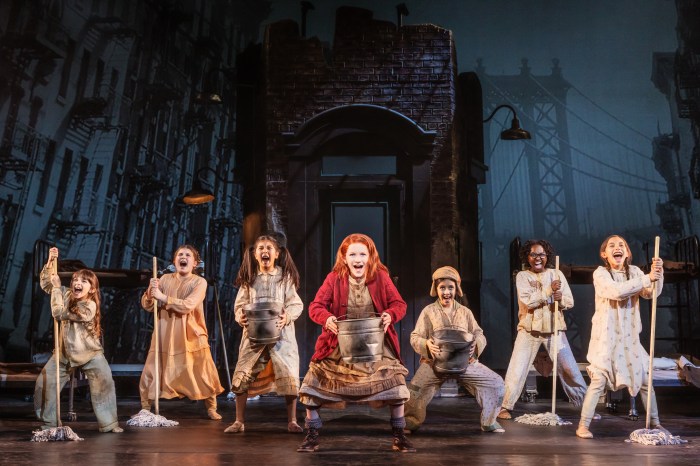Most parents do a great job of introducing young children to books. A recent report from the Pew Research Center found that more than half of all parents read to their young children every day and another 26 percent read several times a week.
Around middle school, many young readers become illiterate. They can read, but they don’t. The reasons for this disconnect are numerous. Middle school kids become involved in an increased number of extracurricular activities, especially sports. Schoolwork becomes more demanding, so reading seems less like fun. And, of course, the siren call of social media discourages attention to text that’s longer than a sentence or two.
Whatever the reason, illiteracy is worrisome. Research suggests that young people who read for pleasure have an advantage. Their vocabularies are bigger, their powers of concentration and analysis are greater, they tend to be better writers, and they have a deeper understanding of other people and the world around them.
Of course, lecturing kids about the importance of literacy isn’t likely to turn them into enthusiastic readers. But here are some suggestions that are likely to be more effective:
• Take e-books seriously. The fourth edition of the “Kids and Family Reading Report,” released by Scholastic earlier this year, found that half of children ages 9 to 17 said they would read more books for fun if they had an e-books reader. Boys in particular seem more motivated to read on a screen. If your children have already become screenagers, help them develop good habits. The only way to get lost in a book is to defer the urge to fool with apps and check social media.
• Don’t give up on print. Among the kids in the Scholastic survey who use e-books, 80 percent still did most of their for-fun reading in print. If your child no longer cares to go the library, pick up books and leave them on the kitchen counter. Get inexpensive copies of classic books by going to garage sales or library sales. Websites like betterworldbooks.com also make it easy to acquire gently used books for your home library.
• Offer variety. As pre-teens begin to discover their special abilities and interests, help them zero in on fiction and non-fiction that connects with their passions. Expose them to cookbooks, graphic novels, newspapers, special interest magazines, and travel guides. Social media is an especially good way to find books with pre-teen appeal. Just typing “good books for middle schoolers” into the search box on Pinterest pulls up excellent lists curated by other parents, educators, and even librarians.
• Carve out time. Some middle school students stop reading because they don’t have much free time. Help your child be selective about activities. Establish a daily reading time when you turn off TV and even music. Power down cellphones, too. At the very least, establish “Nothing but Books Before Bedtime.” Be lenient about lights out if your child is engrossed in a good read.
• Designate space. If possible, create a dedicated reading room or corner in your home. Have a comfy chair, a good light, and a bookshelf close at hand. Be sure it’s free of digital distractions.
• Read together. Hold onto family reading rituals as long as you can. In her book, “The Reading Promise,” Alice Ozma, national manager for reading programs for Scholastic, writes about how she and her father read together for 3,218 days before she went to college. As she puts it, “Good authors find the words for the things we feel deeply but cannot express. They open conversations.” Anything that opens a thoughtful conversation with a pre-teen is worth doing.
• Make it social. If you’re excited about what you’re reading, you’ll want to talk to other people about it. That’s what makes book groups so popular. Unfortunately, middle school students sometimes feel anxious about admitting to their peers that they have a reading habit. You can try to influence the culture at your child’s school by encouraging teachers to form book clubs. (Suggestions about how to do that are available at the Great Schools website, tinyurl.com/83cucw9.) Or, you can encourage your child to find like-minded peers at social media sites dedicated to reading. Goodreads.com, for example, lets members join and form age-appropriate book groups.
• Practice what you preach. If you want your kids to be readers, be one yourself. Let them see you reading and enjoying a wide variety of books. Text a quote that catches your attention to your child’s phone. Share interesting ideas you’ve come across in your reading at dinnertime or when you’re driving together.
Given the number of distractions available to children today, parents can’t be certain their kids will become lifelong readers. Still, there are enduring benefits for young people who can engage with the characters in fiction and follow the arguments in non-fiction. Helping your child develop a satisfying, ongoing relationship with books is still one of the best ways to prepare her for whatever the future may hold.
Carolyn Jabs raised three computer-savvy kids including one with special needs. She has been writing Growing Up Online for 10 years and is working on a book about constructive responses to conflict. Visit www.growing-up-online.com to read other columns.
Copyright, 2013, Carolyn Jabs. All rights reserved.























